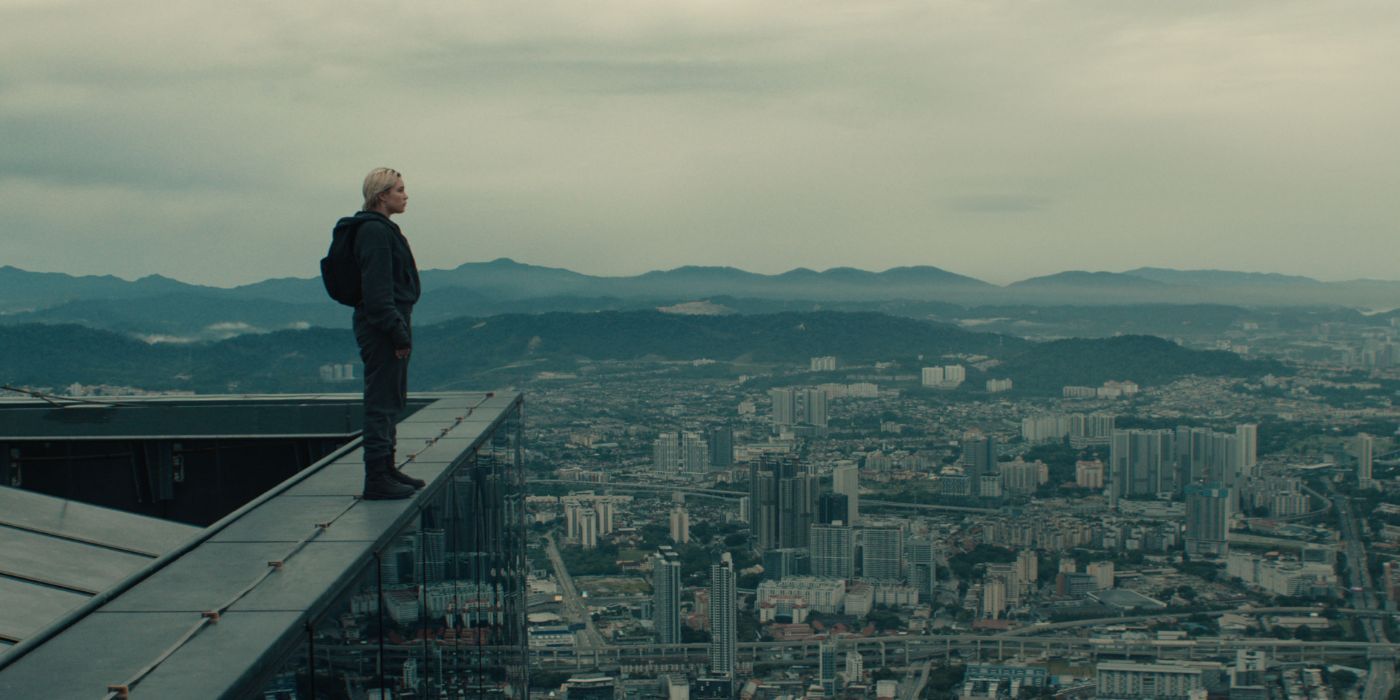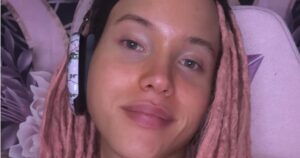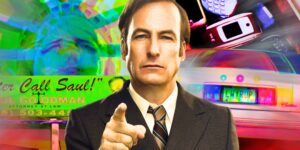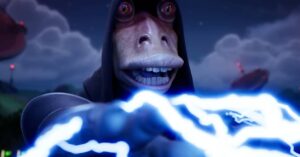‘Thunderbolts*’ Just Did Something the MCU Never Has — And It Shocked Me
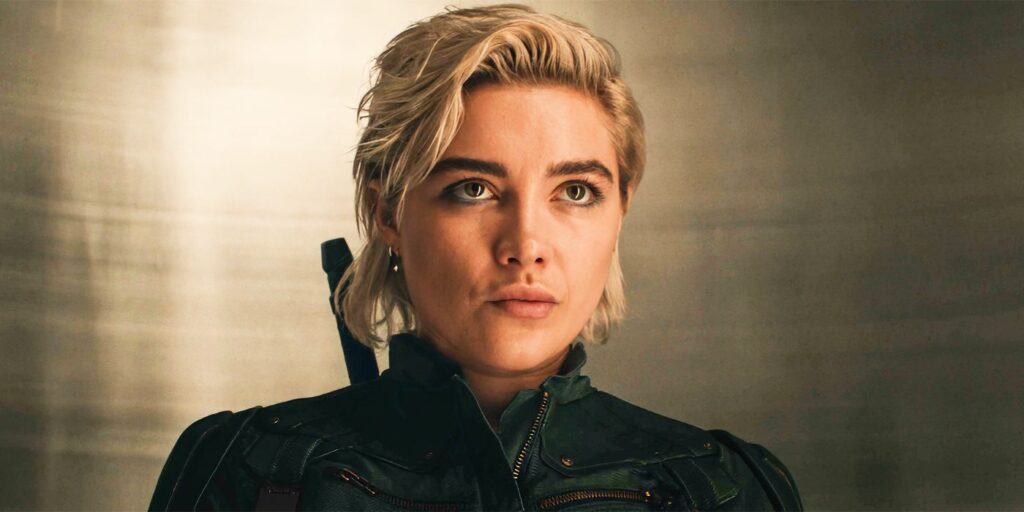
One of the biggest selling points about Thunderbolts* is how it tries to keep its scale to a smaller and more intimate level, to the point that one trailer purported it to be in the tradition of A24 (to the disdain of indie film fans). Marvel is trying to get its lick back after multiple disappointments in a row, and it’s a smart pivot to try and get back in touch with the raw humanity of their characters. Having now seen the film, what jumped out to me the most in that regard is how it portrays mental health to a nuanced degree that I wasn’t expecting. On paper, this seemed like a dicey prospect, as Marvel has barely touched on serious discussion of mental health—except for Moon Knight—and I feared their approach would be ham-fisted and reductive. But the approach Thunderbolts* takes is refreshing in its lack of pop psychology platitudes, best exemplified in how it explores Yelena’s (Florence Pugh) private mental struggles and how her efforts to work through them affect her teammates.
The Opening Jump in Thunderbolts* Has a Deeper Layer
Proving to be far more than a smart publicity stunt, that much-ballyhooed leap off the Merdeka 118 skyscraper is an immediate metaphor for Yelena’s mental state and the choice she’ll have to make to confront it. As she’s preparing to leap off it, we hear a voiceover of Yelena discussing how the doldrums of her secret assassin lifestyle, combined with the accrued mental trauma of her past, have left her completely despondent and empty. She muses on how she feels like she’s on the brink of throwing herself off a ledge into a “void,” which is a clever foreshadowing of the eventual introduction of Bob (Lewis Pullman), whose more villainous dark side will wind up being integral to Yelena’s future breakthrough.
Unfortunately for her, she has good reason to feel that way, given all the red on her hands and how isolating the lifestyle she grew up in forced her into. She feels like she has nobody to share these feelings with, since the only “close” person in her life who could somewhat understand her is her adoptive dad, Alexei (David Harbour), and he’s too busy wrapped up in his own self-pity and desperation to help anyone except himself. That’s why her joining with the other Thunderbolts* is just the group therapy that she needs, no matter how much she insists otherwise.
The Heroes in Thunderbolts* Suffer From a Lack of Purpose and Support
Rather than take the approach of a more trite film and handwring over all the group members being killers, Thunderbolts* looks deeper into how they all have discontent at their position in life that aggravates their mental state. John Walker (Wyatt Russell) shirks his responsibilities as a husband and father because he’s too distracted by his indignation at the public’s mass rejection of his time as Captain America. Ava Starr (Hannah John-Kamen) resents how people only look at her as a thief and have no consideration for why she stole or the physical condition that’s an active drain on her daily life. Bob can barely remember his past but does know that he was driven to do something better for himself and to leave behind his meth-addicted former life. While the banter between everyone is lively and isn’t afraid to dig into open wounds, it’s specifically pinpointed at how their reactions to their problems are just as big a problem as their actual problems. As effectively shown by how swiftly Bucky (Sebastian Stan) steps in as a veteran leader who’s already figured his damage out, he reminds them that they’re not entirely miserable because of their past actions, but because they keep allowing the trauma to drive them into isolated despair.
‘Thunderbolts*’ Knows Mental Health Can’t Be Magically Cured
For Yelena, things don’t improve until she confronts that which she’s still not spoken about. It’s only after she finally shares all her fears and emptiness with Alexei that she’s capable of saving herself by, ironically, choosing to leap into the void. Only the “void” is now a literal phantom zone brought about by Bob’s dark alternate identity, forcing her to relive her worst traumatic memories. By this point, she and Bob had developed a rapport that hinged on her protecting him from himself and teaching him how to fend off dangers both external and internal—doing for him what she previously couldn’t do for herself. But she couldn’t successfully save Bob without the communal help of her other Bolt teammates, who also chose to brave the void for her sake. To paraphrase Anchorman, they may not like each other, but they now respect each other enough to put their lives on the line for each other.
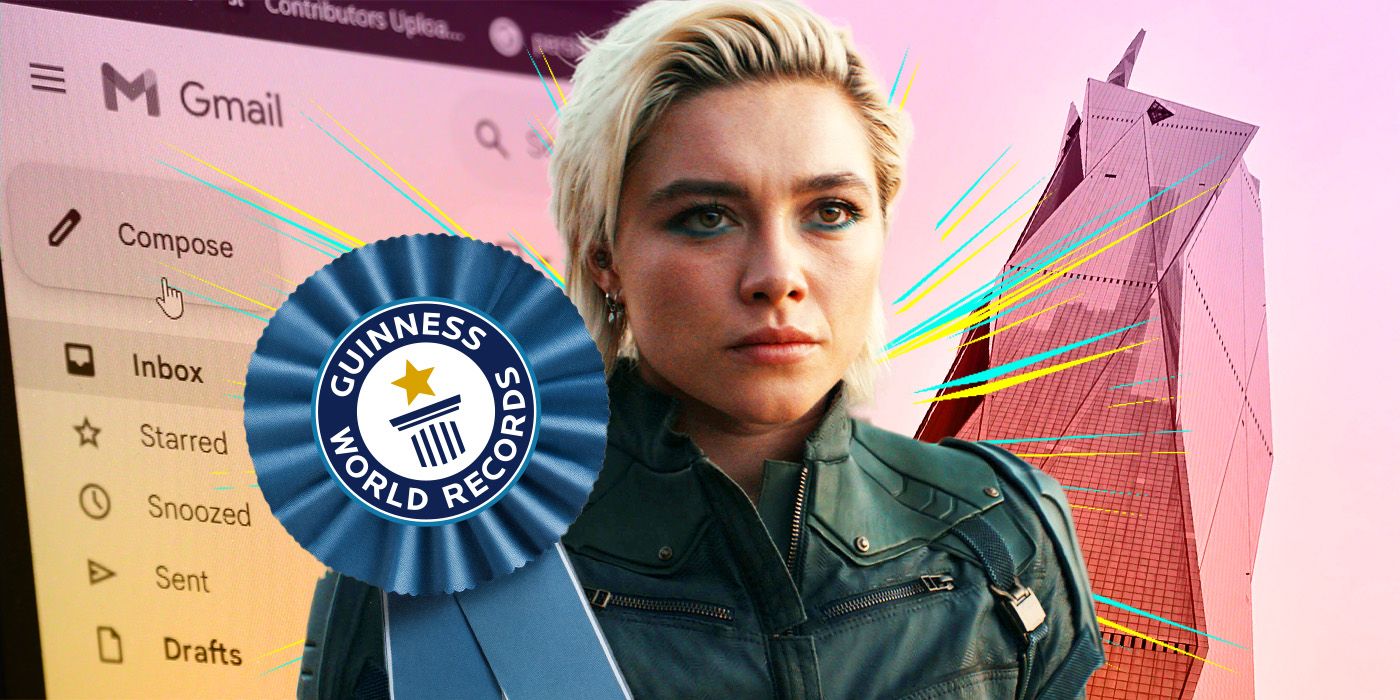
Related
She said it would do wonders for the press tour, and here we are.
While this all still fits the bill for a standard superhero climax, it concludes in a way that feels more honest about the realities of dealing with mental health. When all is said and done, the Thunderbolts* don’t truly love each other much at all, and still bicker with maximum passive-aggression, but they see and accept each other’s humanity better. Bob’s Void side doesn’t magically go away, but he does learn to accept it and cohabitate with it. Yelena recognizes that maybe she needs the teamwork dynamic to thrive, after all, but that won’t solve everything. None of these people seem “cured” by the end, or even less a-hole-ish than they already were. But now, much like Bucky, they have learned how to live with who they are, and thrive a little bit more. It’s really to the credit of director Jake Schreier for taking the script and using the same touch he had with the majority of the episodes of Beef that makes Thunderbolts* a very welcome return to form for Marvel’s storytelling approach. Much like in Beef, sometimes the people who wind up understanding you the most are the ones who aren’t afraid to trash-talk you to your face.
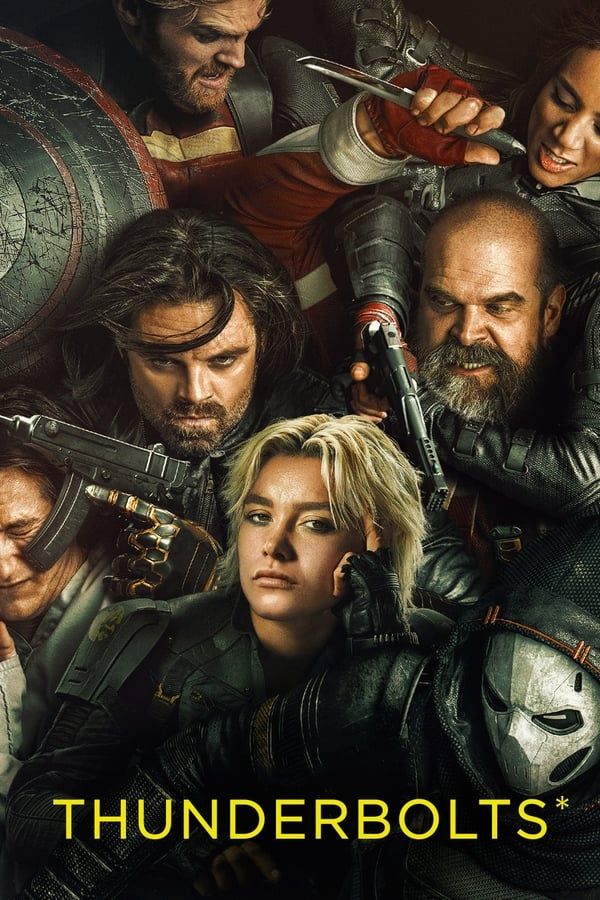
- Release Date
-
May 2, 2025
- Runtime
-
126 Minutes
- Director
-
Jake Schreier
- Writers
-
Eric Pearson, Joanna Calo
- Franchise(s)
-
Marvel Cinematic Universe

